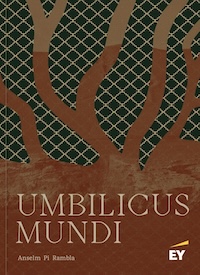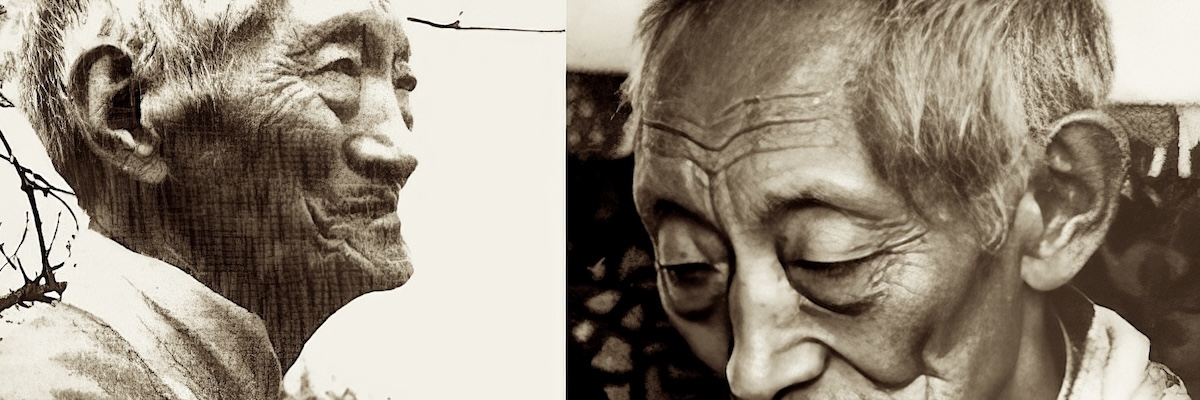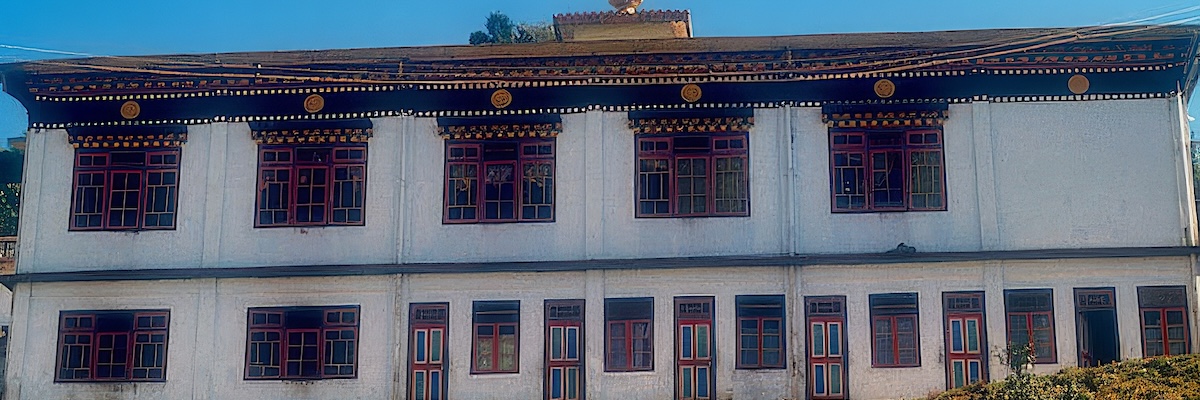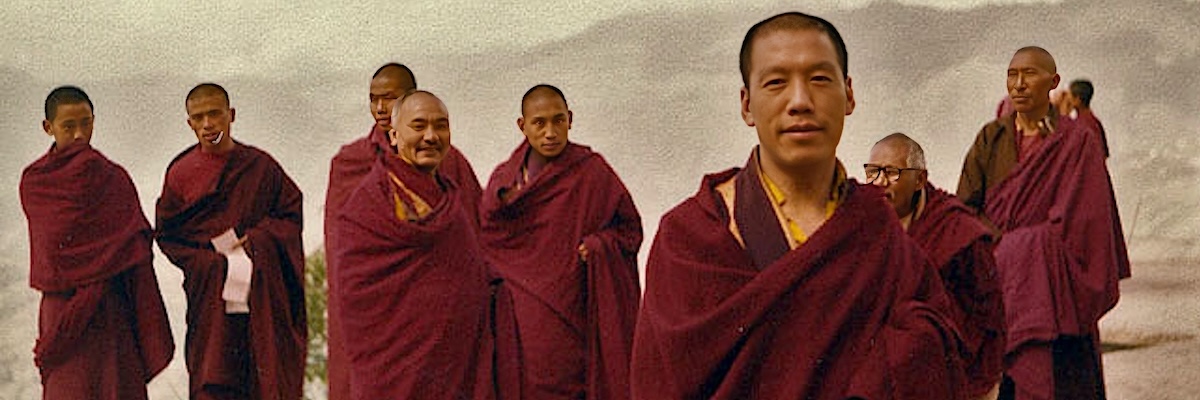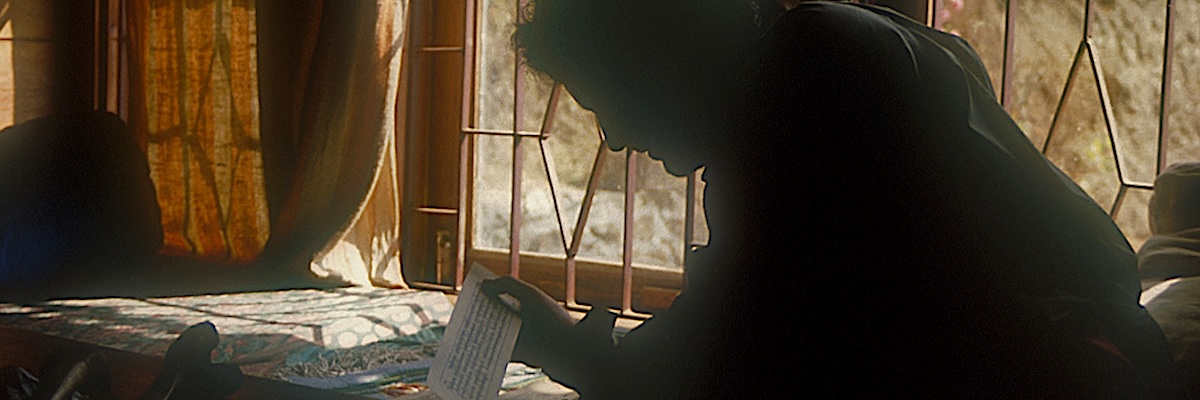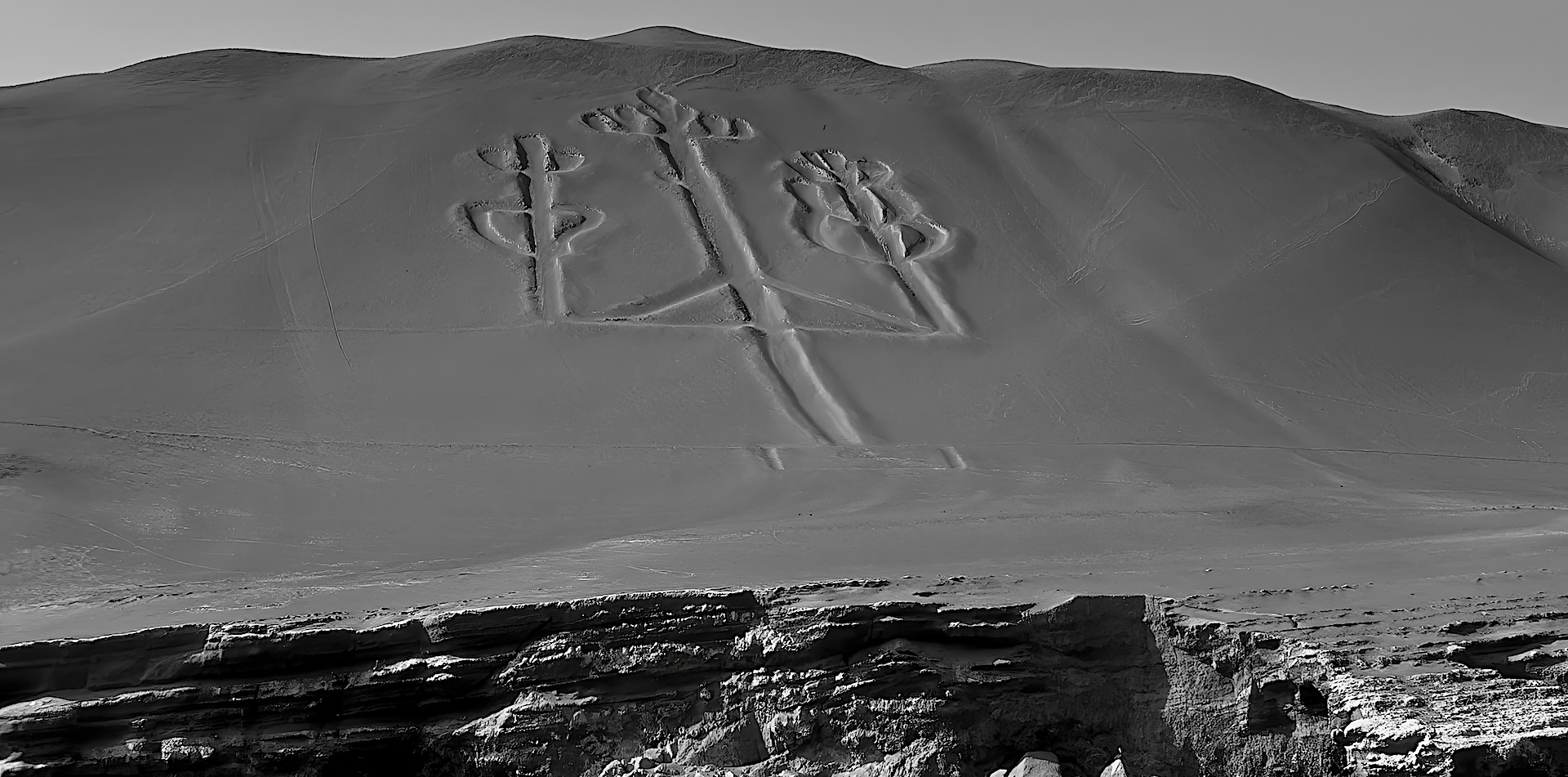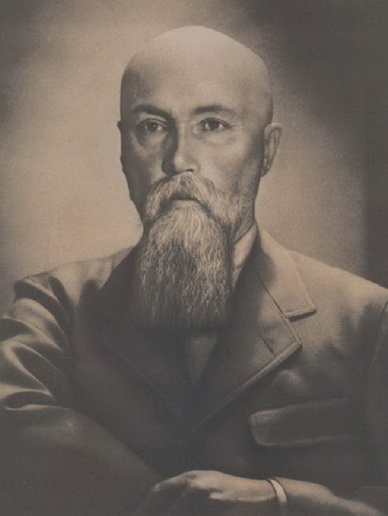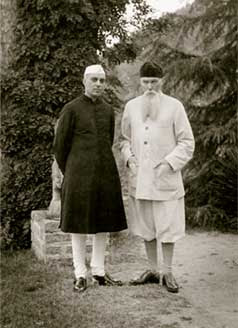ANSELM PI RAMBLA
Catalonia (Spain) 1950
President and Founder of the PI RAMBLA HERITAGE FOUNDATION, he began his academic journey at the Faculty of Political and Economic Sciences in Barcelona. An accomplished explorer, researcher, historian, and humanist, he is deeply passionate about ancient cultures and lost civilizations. Over the years, he has dedicated himself to the in-depth study of Oriental, Indo-European, and Pre-Columbian cultures, while conducting extensive research in semiotics, mythology, metaphysics, and comparative religions. His work reflects a unique synthesis of scholarship and field exploration, driven by a profound curiosity to uncover humanity's shared heritage and wisdom. In 1980, he came into contact with Tibetan Lamaism through one of its most important masters, Kalou Kempo Rimpoche, spiritual leader of the Kagyupa lineage and one of the few knowledgeable in the science of the Kalachakra, known as the wisdom of fire, the most important and secret teaching of Tibetan mysticism.
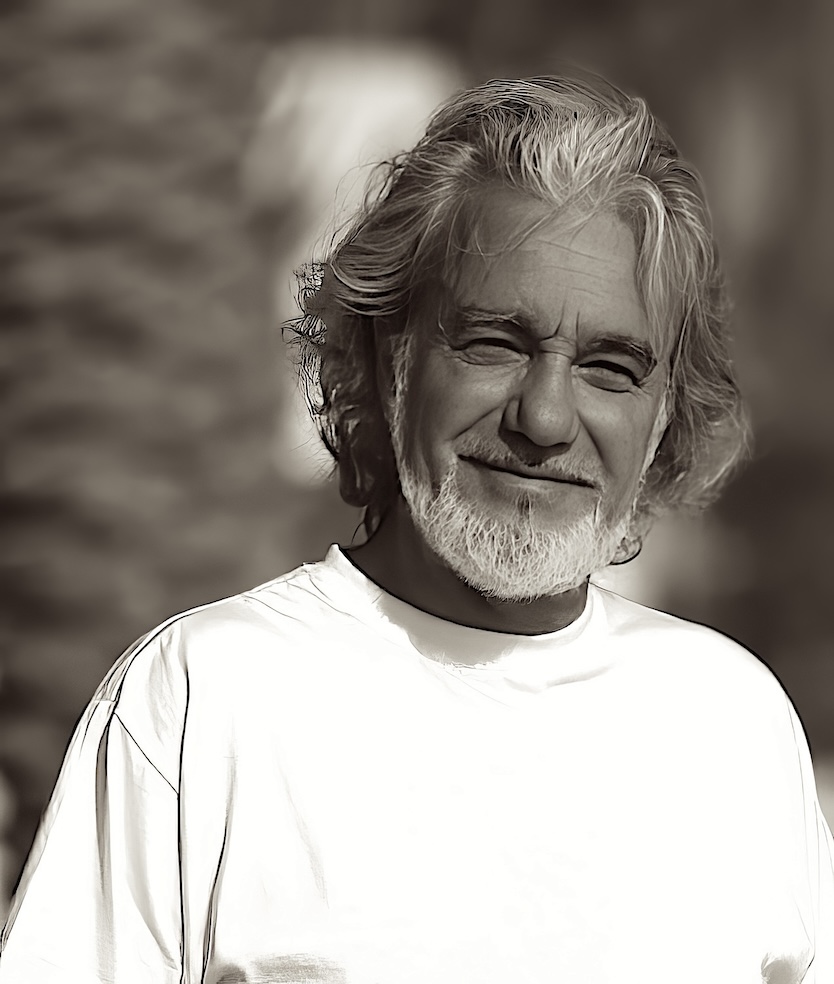
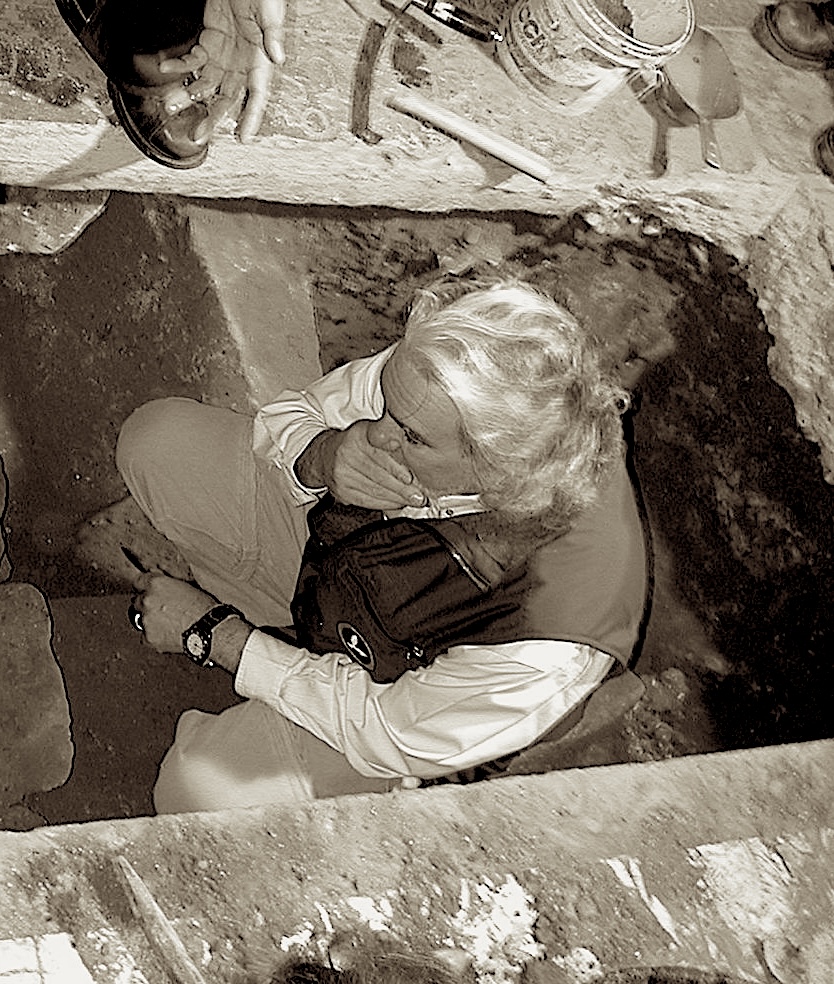
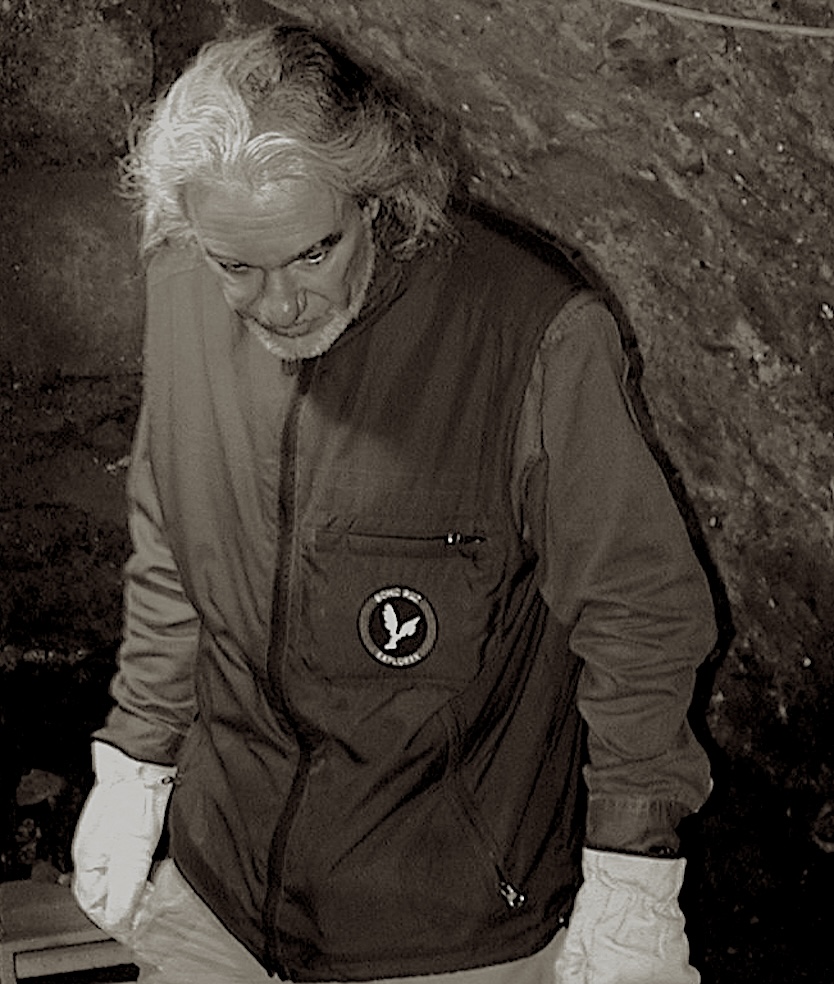
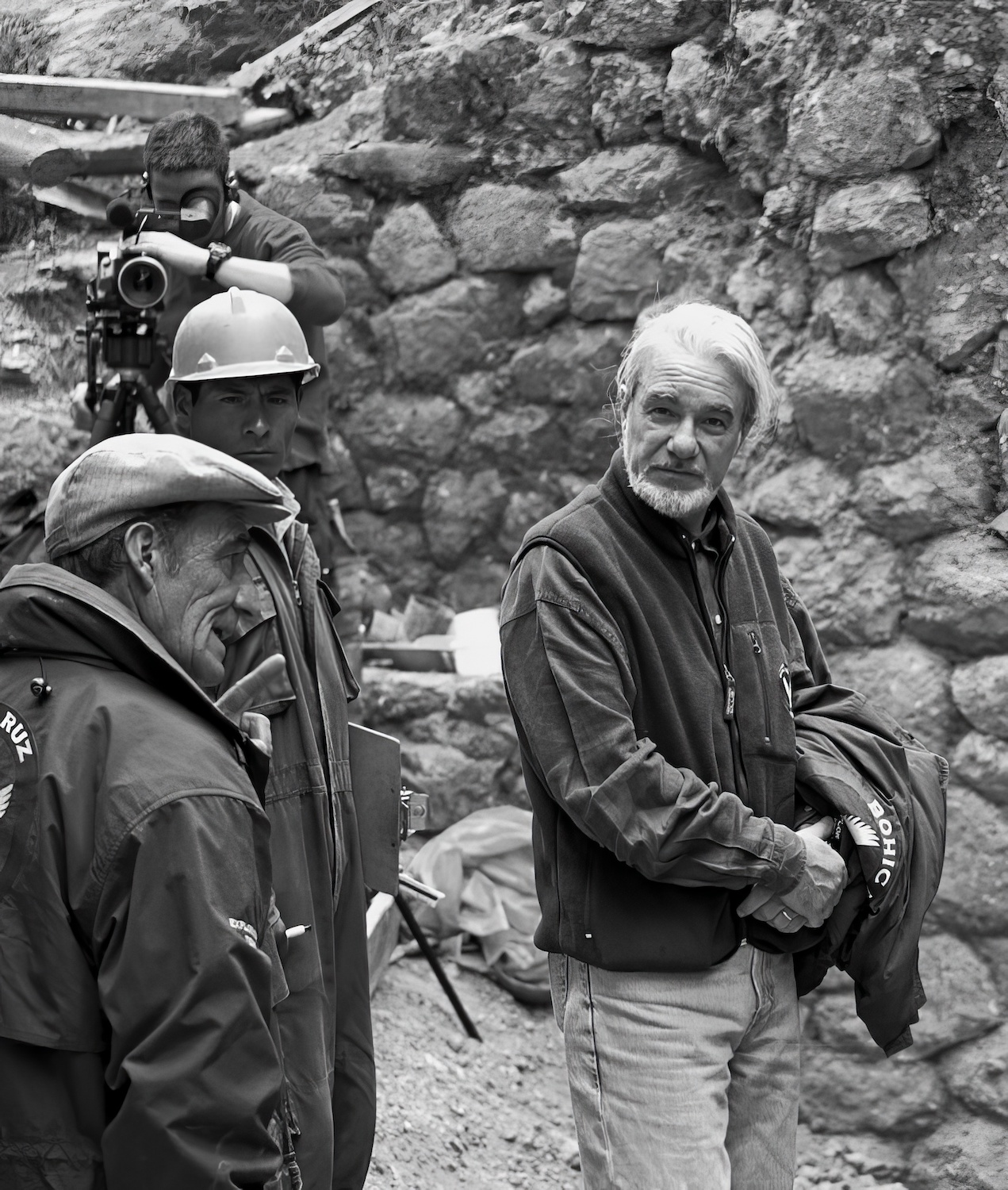
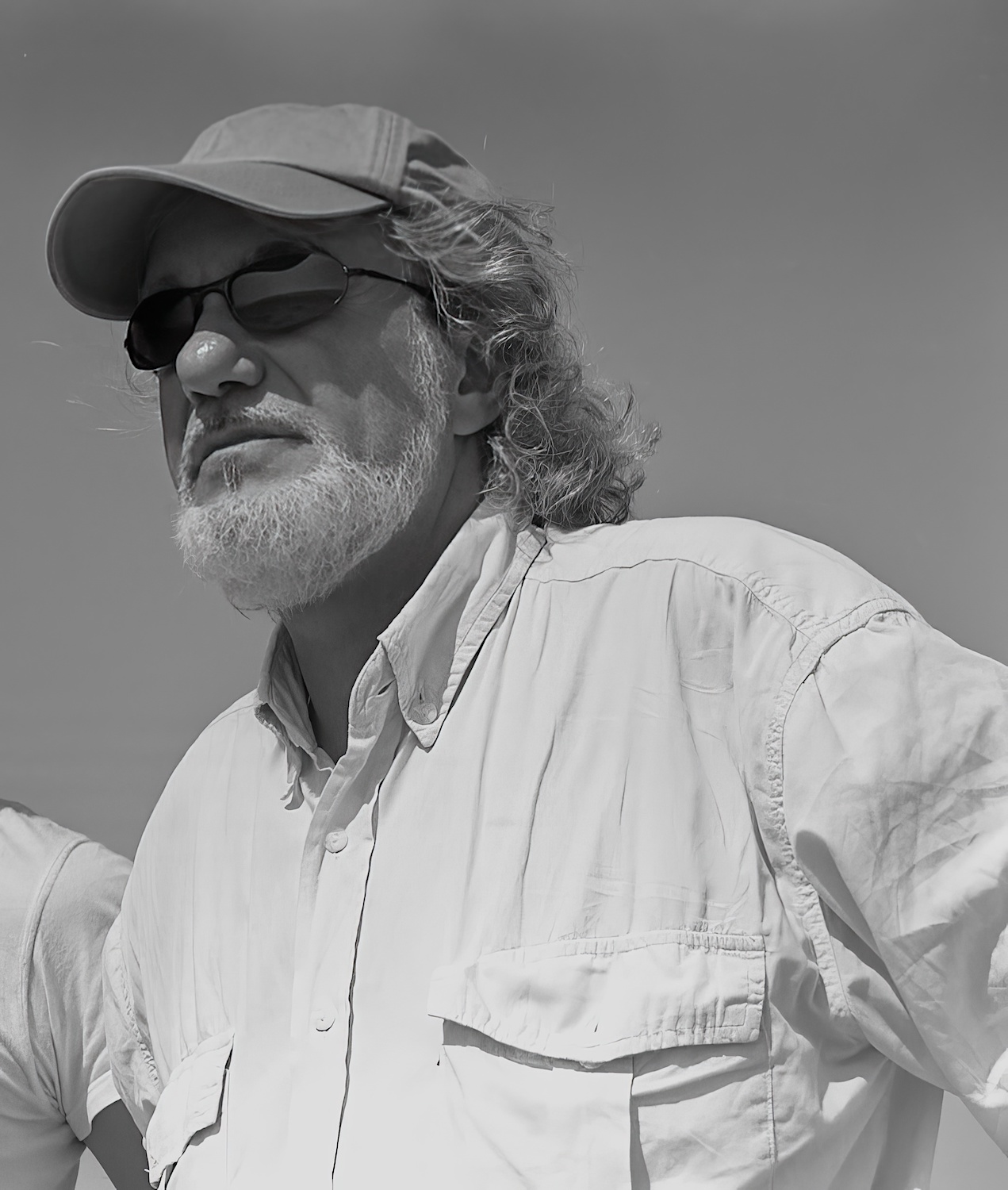
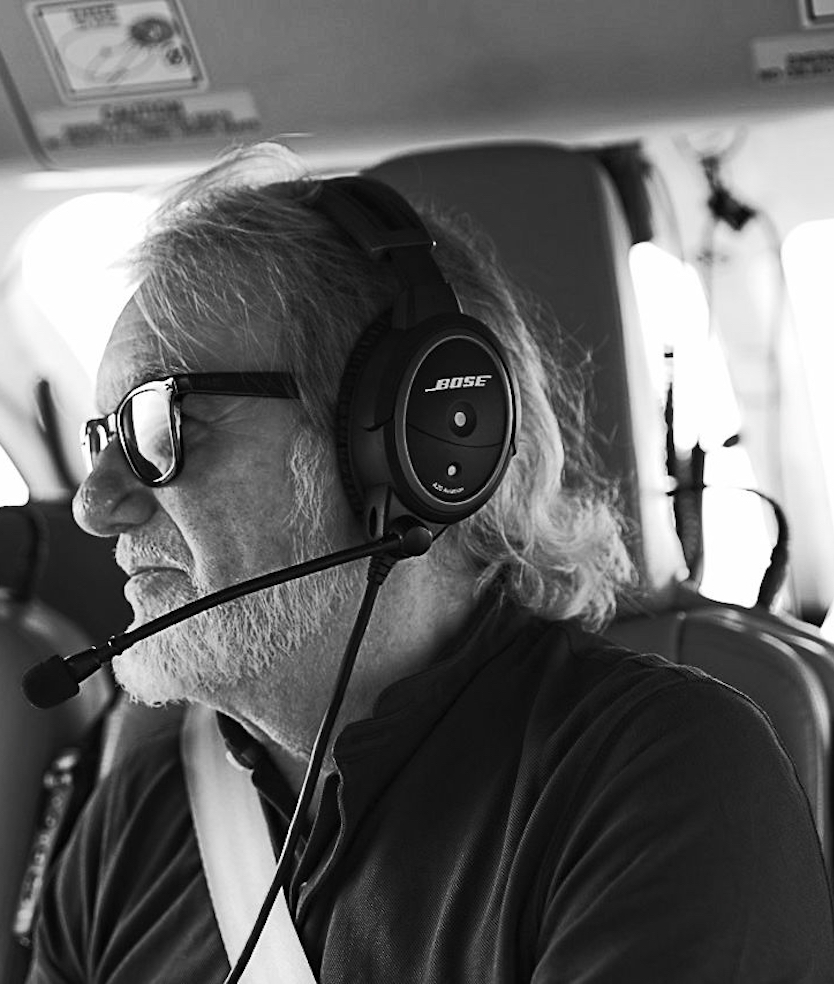
SONADA MONASTERY
Darjeeling, India 1980
Kalou Kempo Rimpoche invited him to his Monastery of Sonada (Darjeeling, India), where he delved into the knowledge of Tibetan Buddhism and its secret symbolism.
His narrative: "During my stay at the monastery, I had the opportunity to participate in rituals and receive restricted teachings of the Tibetan tradition. One of the things that impressed me most about those teachings, was the information that Rimpoche gave me about the existence of a sacred place, a sort of subterranean paradise inhabited by highly evolved beings possessing great knowledge called «Chang Shambhala», a hidden kingdom inaccessible to our humanity, sealed in the depths of our history. When I asked for more information about the existence of this secret kingdom, Rimpoche responded to me verbatim: 'In reality, there are two "Shambhalas": one «Terrestrial», situated in a remote region of Central Asia and described in our most secret and sacred texts; and another «Celestial», situated in a place completely separate from our world and inaccessible to our humanity, located far from Tibet, beyond the Great Ocean.' When the Tibetan tradition speaks of the Celestial Shambhala located beyond the «Great Ocean», most researchers, from the 19th century to the present day, have interpreted this celestial paradise as a mythical place situated outside our planet Earth. However, a deeper analysis of the Tibetan texts reveals that these traditions actually refer to a Mythical Land located beyond the Pacific Ocean. This reinterpretation challenges previous assumptions and opens new perspectives on understanding Tibetan traditions and their connection with other global myths. The secret information that Kalou Kempo Rimpoche transmitted to me coincides exactly with what a high lama transmitted to Nicholas Roerich during his expedition through Central Asia. An impressive account that Roerich left us and that, due to its importance, I will now relate to you:
THE PATH OF THE SUN
A JOURNEY TO THE HEART OF EXISTENCE
After his experience in India, he gathered a wealth of data, comparing these Tibetan traditions with those of ancient Indo-European, Oriental, and pre-Columbian cultures. He concluded that the ancient texts and stories from all these traditions regarding the location of this «ORIGINAL CELESTIAL MYSTICAL LAND» had not been properly researched or accurately interpreted.
On January 6, 1982, having assembled an exploration team, he set sail from the Canary Islands aboard his sailboat, the «BOHIC RUZ», manufactured in the Auray shipyards (Morbihan, France), heading towards the American continent, following the Path of the Sun from East to West. He decided to follow the solar trajectory, convinced that in this direction he would find the necessary evidence along the way that would lead him to the very gates of this «TERRA INCOGNITA», inhabited by an ancient and advanced «PRIMIGENIAN MOTHER CULTURE» that left deep traces of beliefs and knowledge in different civilizations such as those of Egypt, Sumer, India, Greece, Mexico and Peru among others. A relentless search finally takes him to the Mythical Land of Peru, where he confronts the profound mysteries of the Kingdoms of the Sun. Upon arriving at the Bay of Paracas, he encounters the enigmatic figure known by the natives as the «Candelabro of Paracas», due to its shape and design. Through archaeological, astronomical, mythological, and symbolic investigations, he manages to decipher its secret meaning, providing the first clues to the existence of this Primigenian Mother Culture.
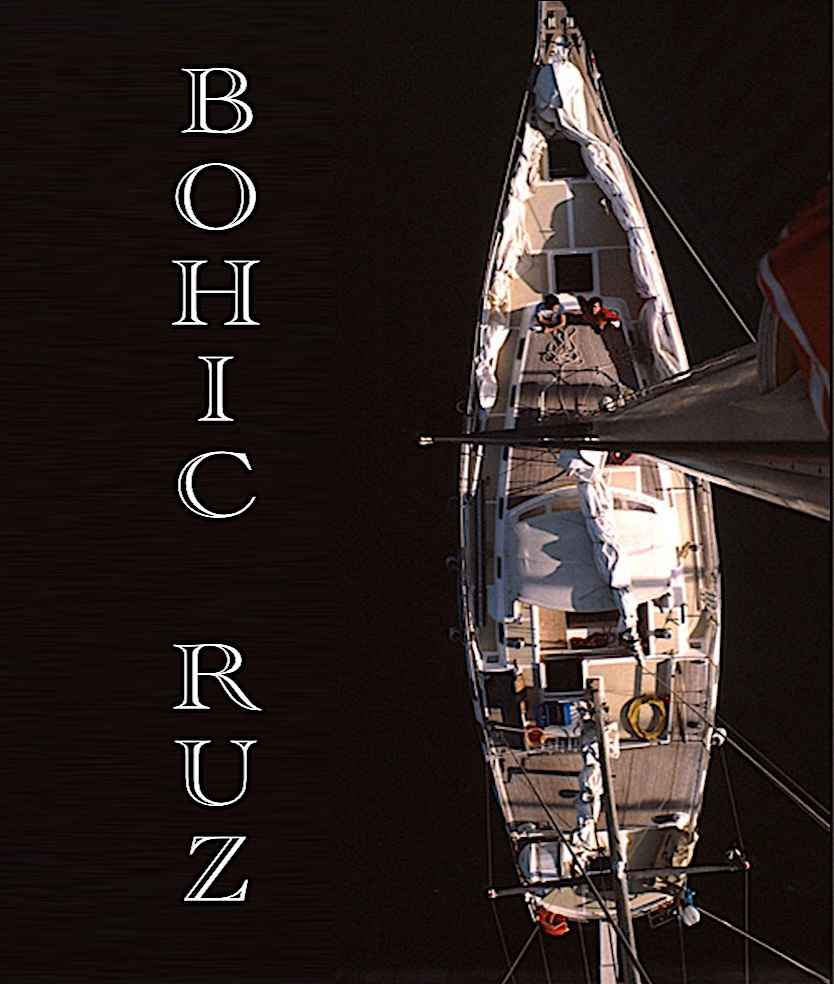
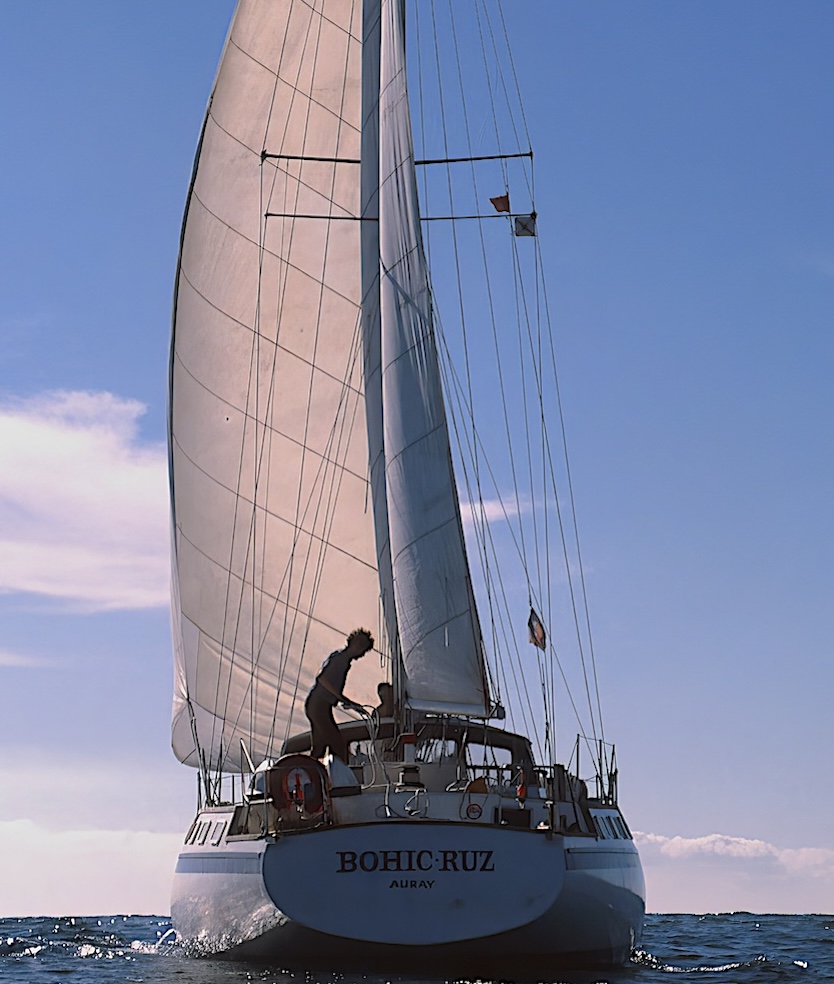
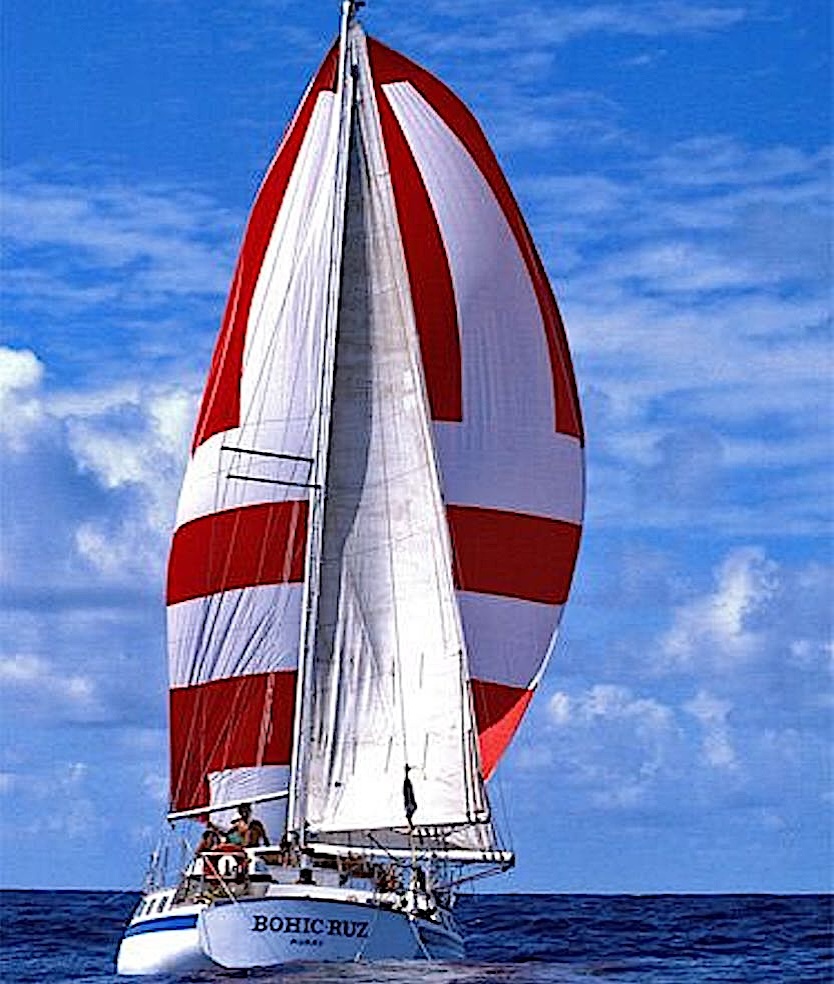
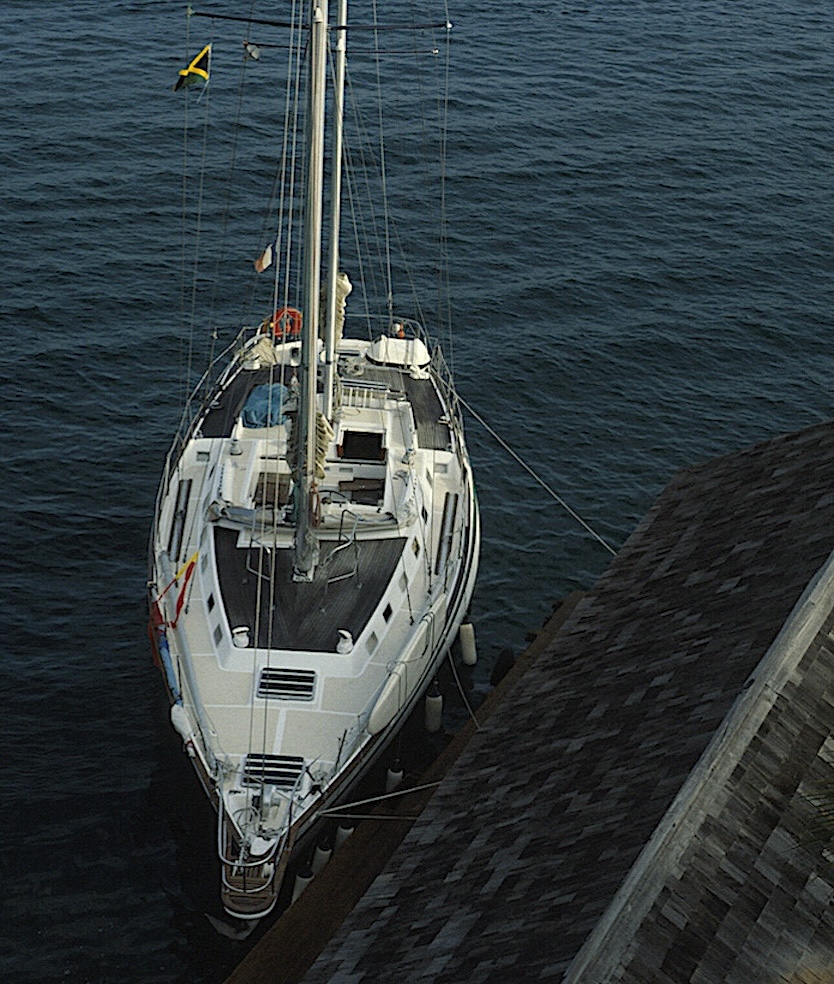
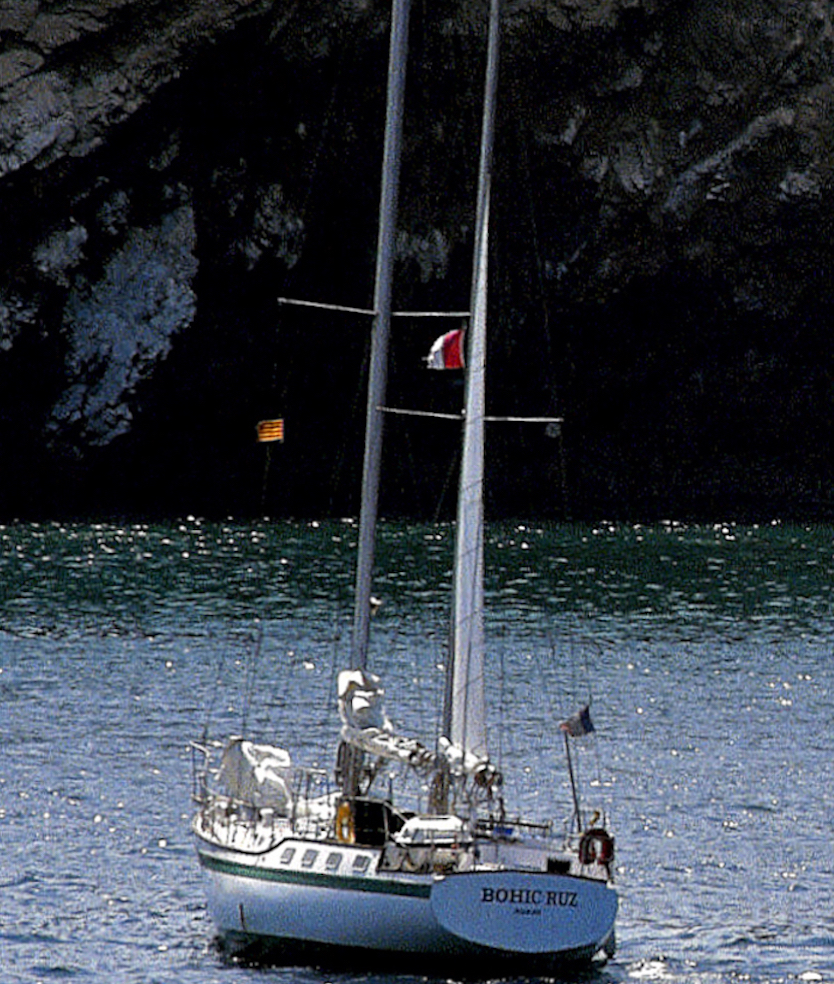
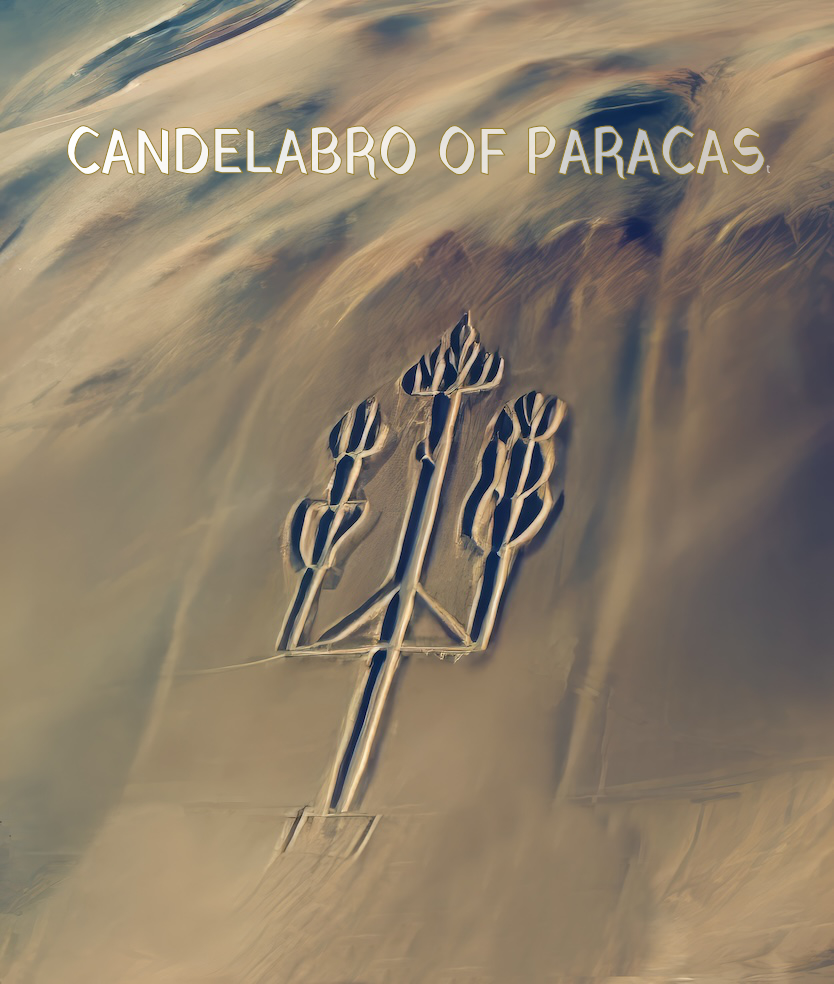
From that moment on, he travels more than 30,000 kilometers exploring and gathering evidence in various places: the Nazca Desert, Pachacamac, Lake Titicaca, Tiahuanaco, Cusco, Ollantaytambo, Machu Picchu, and the Upper Amazon Rainforest, among others. Thus, he penetrates and discovers one of the greatest secrets of the Andean tradition, zealously guarded for centuries by the great Amautas, the so-called «CAPACCUNA». He finds definitive proof of a hidden world, lost between myth and legend, concealed in a place on our planet Earth never before seen.
With the support of the Peruvian Government, he conducts significant archaeological excavations at Koricancha (Temple of the Sun of the Incas) and in the Solar Citadel of Saqsaywaman in the city of Cusco, uncovering valuable unknown historical information about the Inca and pre-Inca civilizations. His latest project, «QOSQO» aims to unravel the true morphogenesis of Cusco as the genuine «NAVEL OF THE WORLD», designed and constructed by this Primigenian Mother Culture known in the Andes as the «WIRACOCHAS».

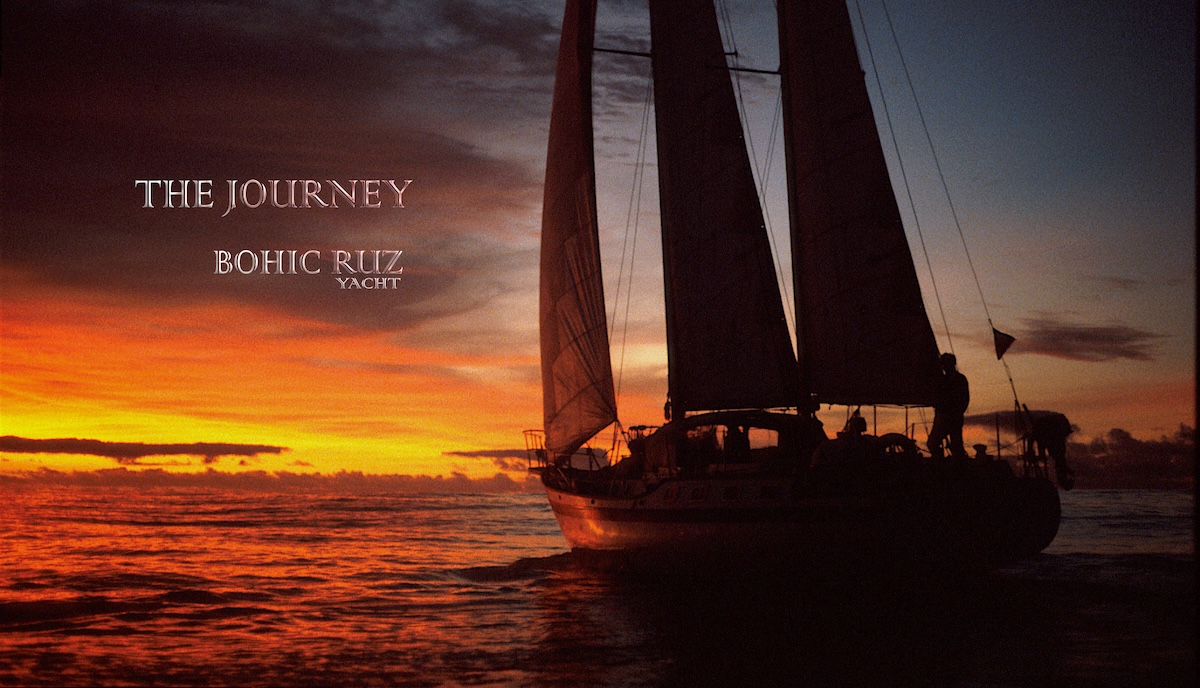

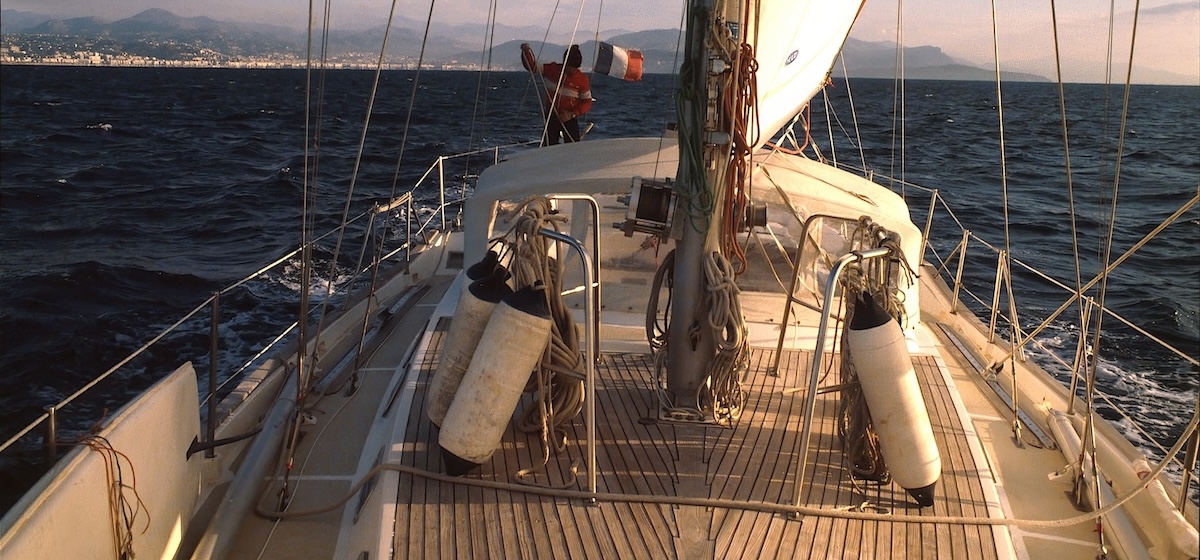
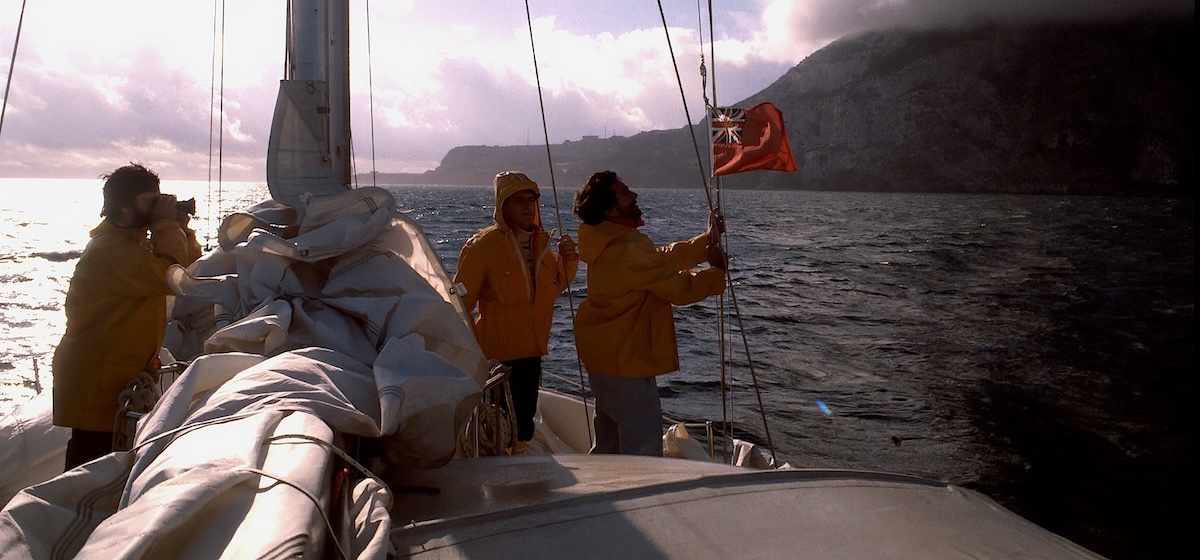
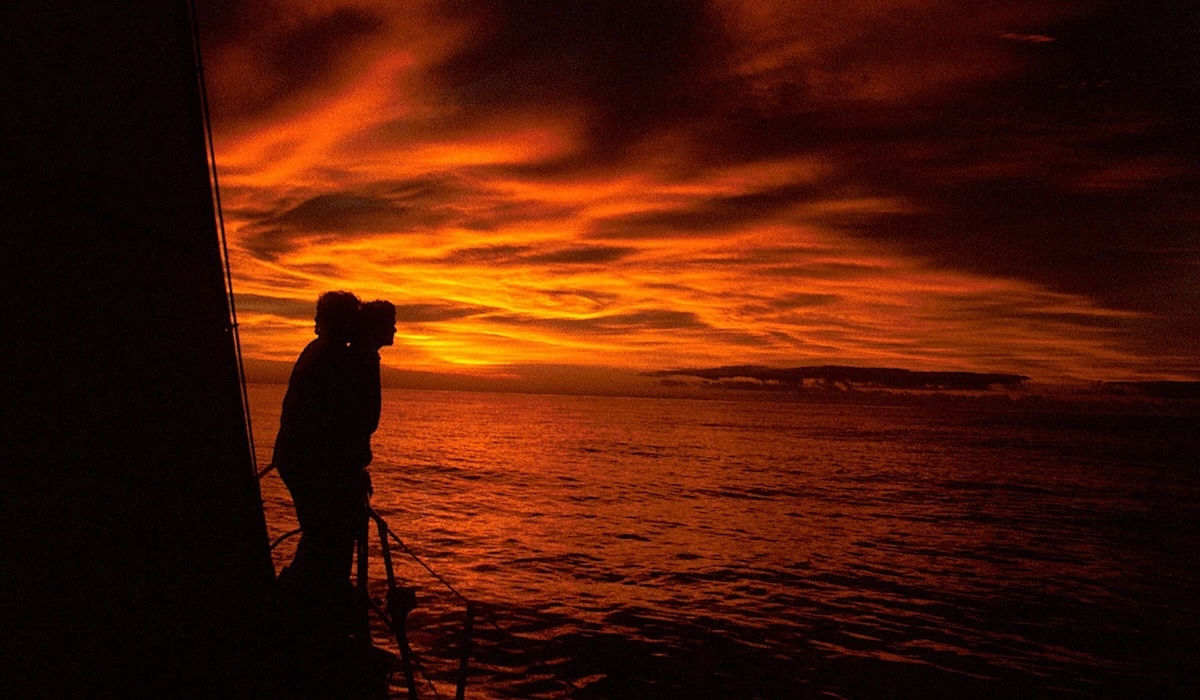
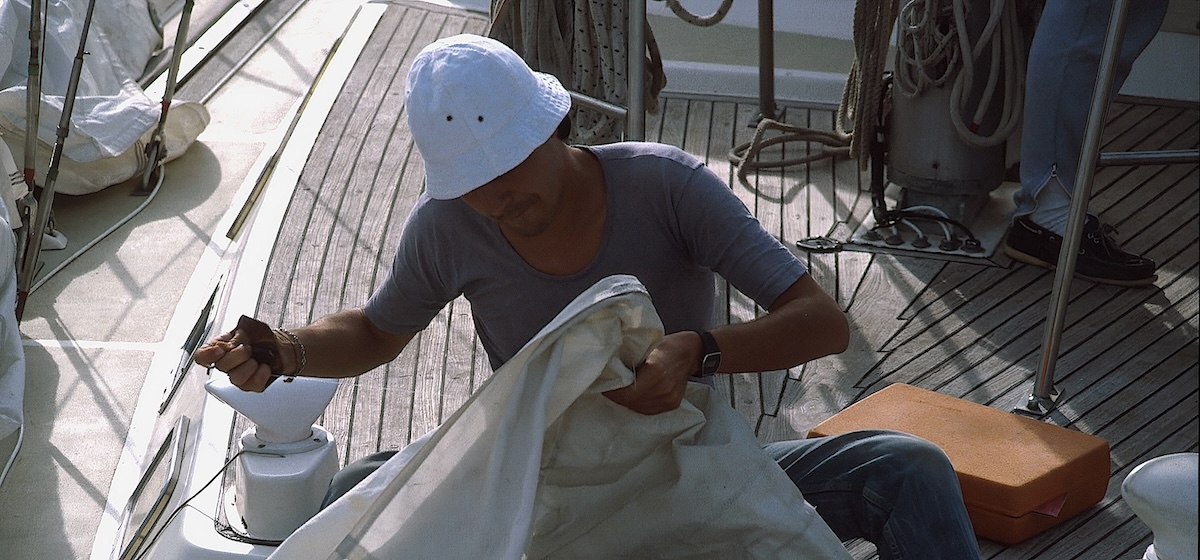
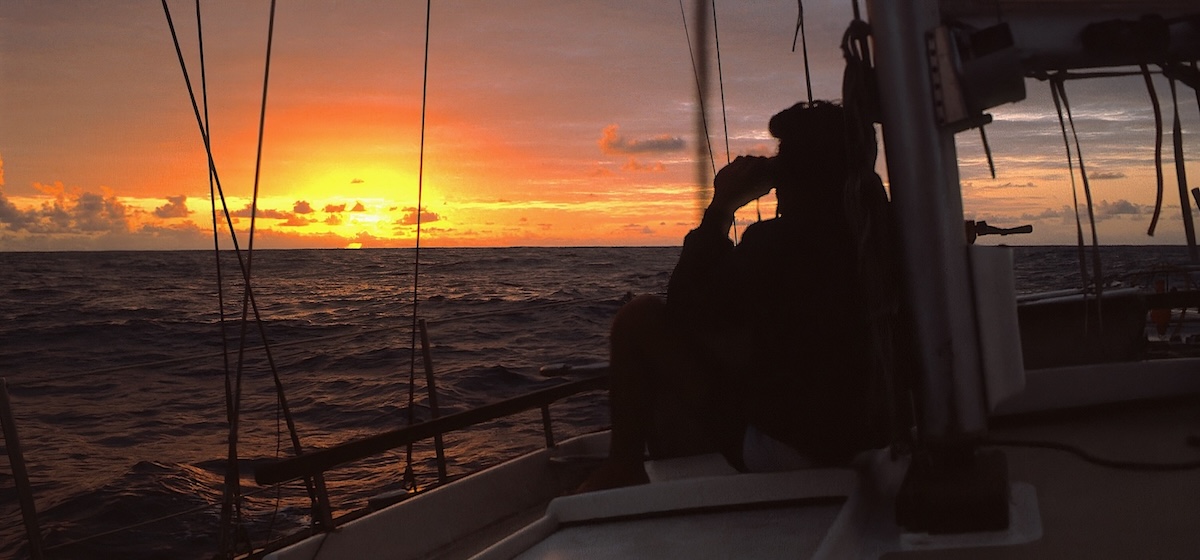
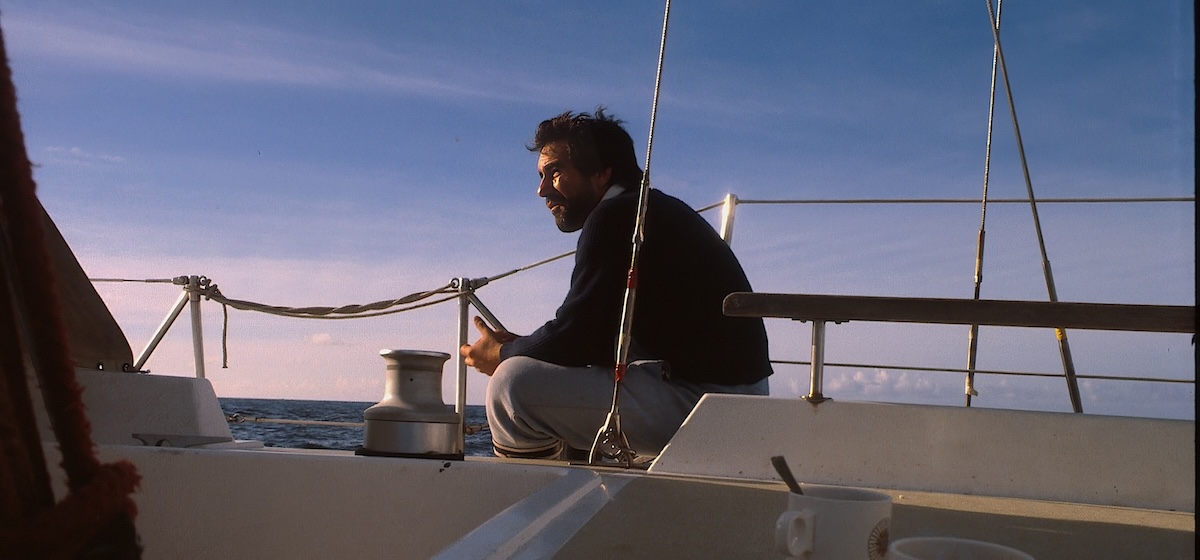
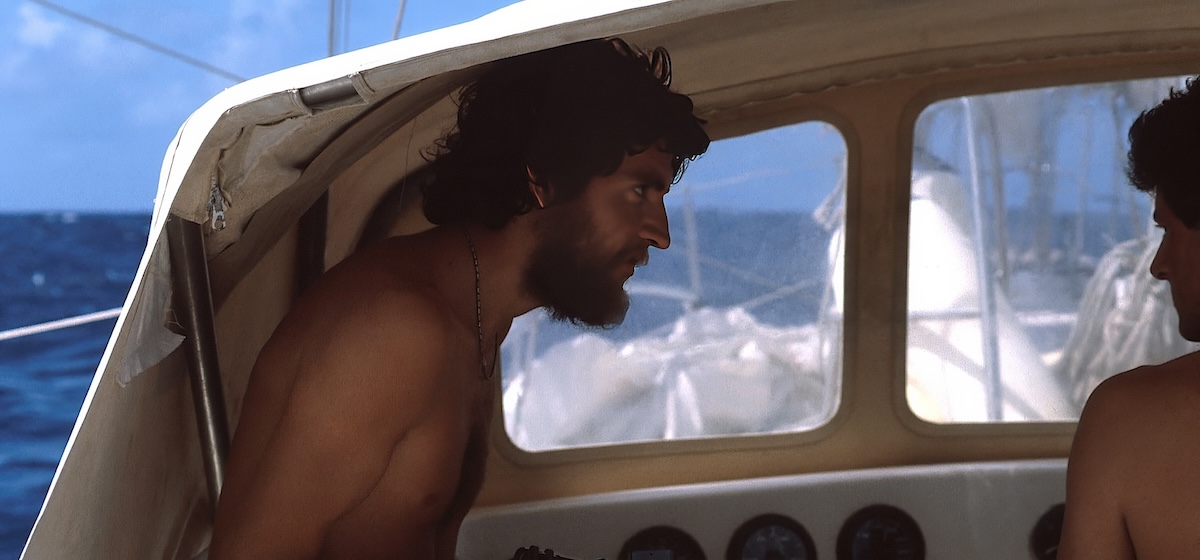
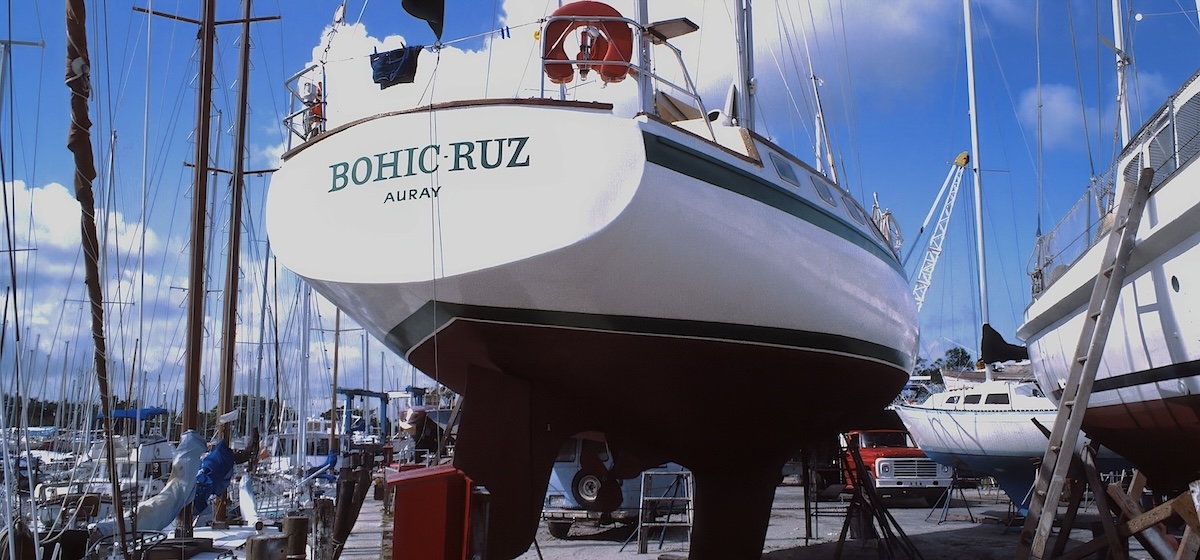
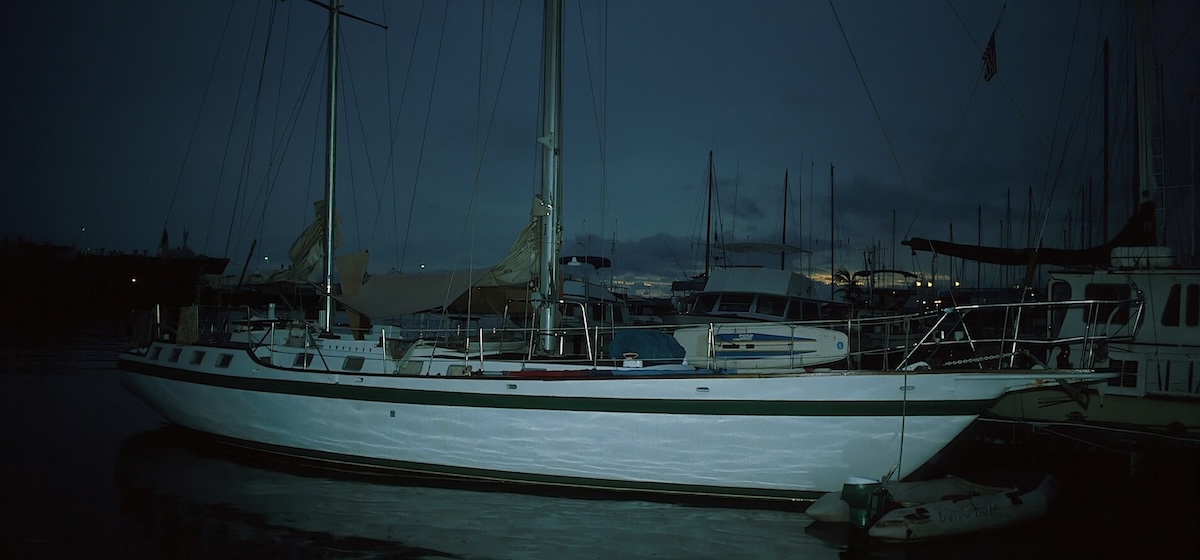
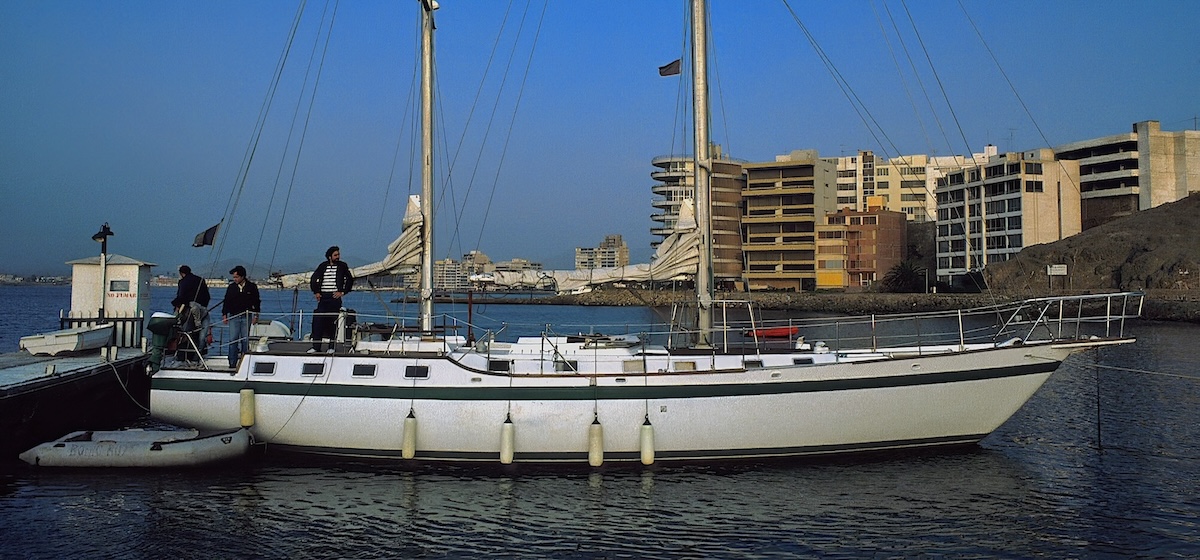
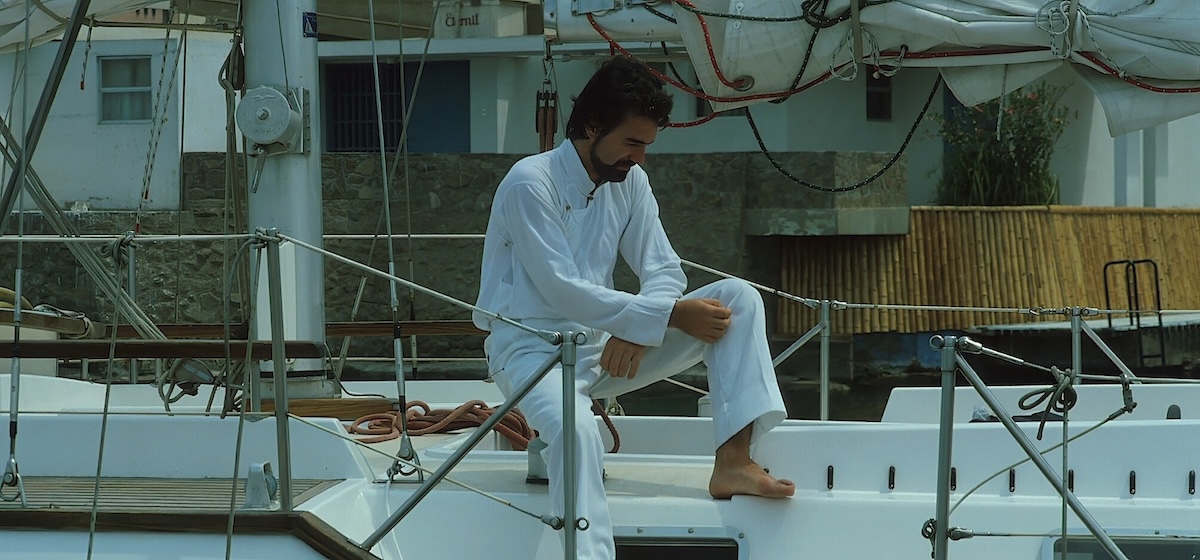
PRIMIGENIAN MOTHER CULTURE
It is sometimes difficult to determine where the myth ends and the story begins, in which so many chapters are missing. Every time a new discovery is made about vanished civilisations, we are forced to revise our opinions and conclusions about the knowledge of the so-called primitive peoples. The discovery of the existence on our planet earth of a Primigenian Mother Culture, of a very advanced Race of Origins, can shake our history and our beliefs. One of the most revolutionary discoveries of our time.
UMBILICUS MUNDI
NEW BOOK BY ANSELM PI RAMBLA
In his book published in july 2024, by the prestigious firm Ernst & Young, Anselm Pi Rambla presents abundant and important information on all these works, explorations and investigations mentioned in this Biography.
